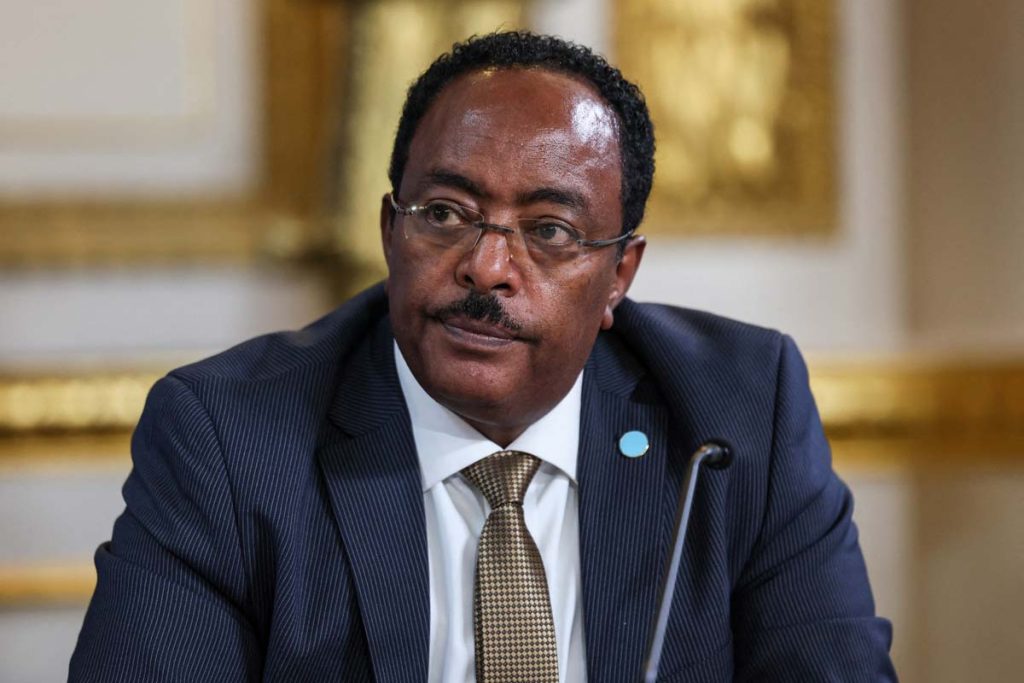By Jeffery Kazembe Batts
IG:@kazbatts
Ethiopian Prime Minister Abiy Ahmed Ali recently announced that the Grand Ethiopian Renaissance Dam (GERD) will be officially opened this September. The 6,450 MW hydropower project is located in Guba, on the Blue Nile, 30 km upstream of the border with Sudan. Sudan and Egypt are not happy.
Their governments have taken issue with GERD, fearing its operation threatens their access to the Nile waters, which they depend on.
Egyptian President Abdel Fattah el-Sisi has warned of potential regional instability and highlighted Egypt’s dependence on the Nile River for drinking water and irrigation. Sisi stressed that Egypt was pursuing a diplomatic solution but also stated that “all options are open” if Egypt’s water security is threatened. The Nile supplies 97 per cent of its water needs. Sudan, located between Egypt and Ethiopia, has echoed Egypt’s concerns.
Second only to Nigeria on the African continent, Ethiopia’s population is 130 million. Half of its people do not have access to electricity. Maximizing the use of GERD is a key strategy for increasing electrification in Ethiopian society. In 1929, the Anglo-Egyptian Treaty, also known as the Nile Waters Agreement, was signed.
The agreement gave Egypt the right to over 90 per cent of the water, and the rest to the Sudan. This agreement was made while Great Britain controlled both territories. Contemporarily, Egypt and Sudan lean on this treaty while Ethiopia feels it is an outdated example of colonial legacy in Africa.
While preparing to celebrate the official opening of GERD, Ethiopia has an existential issue. It is the world’s most highly populated landlocked country. To solve the problem of a lack of a seaport, Ethiopia has negotiated with the breakaway territory of Somaliland to gain access to a 20-kilometre stretch of Somaliland’s coastline.
This has outraged Somalia, which considers Somaliland a mere province. Somaliland is not internationally recognized. Somali President Hassan Sheikh Mohamud has called Ethiopia’s actions a land grab and a violation of its sovereignty. Recently, Egyptian President Abdel Fattah el-Sisi met with Somali President Hassan Sheikh Mohamud. During the meeting, Egypt pledged to strengthen military cooperation and support Red Sea maritime security.
Meanwhile, as always, non-African states have involved themselves in African issues. Earlier this July, Turkish President Recep Tayyip Erdoğan hosted Somali President Hassan Sheikh Mohamud in Turkey for a meeting focused on strengthening bilateral relations in the areas of counterterrorism and regional cooperation. Previously, Turkey has attempted to broker an agreement between Ethiopia and the self-declared Republic of Somaliland since February 2024. During his first term, in October 2020, President Trump was quoted as saying, “Egypt might blow up the GERD if an agreement wasn’t reached regarding its operations.” At that time, Ethiopia called Trump’s comments “reckless and irresponsible.”
The need for water, electricity, and access to the sea are all critical existential issues to be resolved for national development. The legacy of colonialism in Africa, the current intervention of foreign states, and the lack of a strong African Union derail the growth possibilities of a united and powerful Africa. As the world focuses on fundamentalism in West Africa, exploitation in Congo, and the genocidal war in Sudan, eyes and interest must also be on what is happening in the Northeast and the Horn of Africa.
